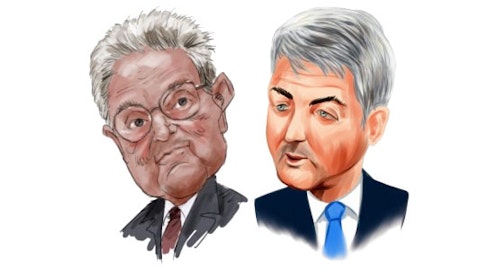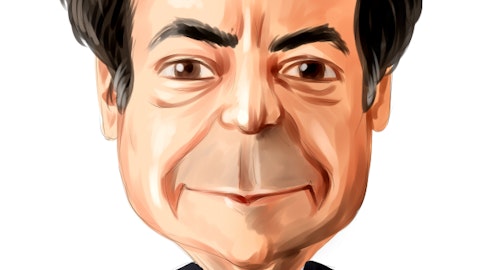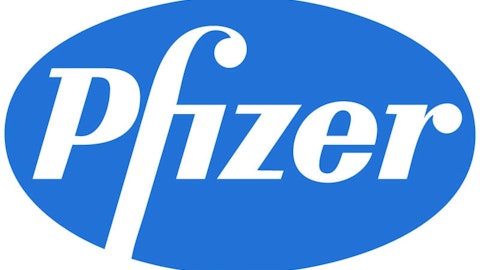Macy’s, Inc. (NYSE:M) has been a decent investment since the start of 2013–up 15%–but some investors may have been wishing for more. A bit of the following data might endear you to the stock, it might not. Up to you.
To many investors, hedge funds are assumed to be overrated, old financial vehicles of an era lost to time. Although there are In excess of 8,000 hedge funds with their doors open in present day, this site aim at the upper echelon of this group, around 525 funds. It is assumed that this group controls the majority of the smart money’s total assets, and by monitoring their highest quality investments, we’ve found a number of investment strategies that have historically beaten the market. Our small-cap hedge fund strategy outpaced the S&P 500 index by 18 percentage points per year for a decade in our back tests, and since we’ve began to sharing our picks with our subscribers at the end of August 2012, we have beaten the S&P 500 index by 33 percentage points in 11 months (find a sample of our picks).
Just as key, optimistic insider trading sentiment is another way to look at the marketplace. There are many reasons for an insider to get rid of shares of his or her company, but just one, very clear reason why they would initiate a purchase. Plenty of empirical studies have demonstrated the market-beating potential of this method if you understand what to do (learn more here).
What’s more, we’re going to analyze the latest info for Macy’s, Inc. (NYSE:M).

What have hedge funds been doing with Macy’s, Inc. (NYSE:M)?
In preparation for the third quarter, a total of 35 of the hedge funds we track held long positions in this stock, a change of -10% from the previous quarter. With hedgies’ positions undergoing their usual ebb and flow, there exists a select group of key hedge fund managers who were upping their stakes significantly.
Out of the hedge funds we follow, Lee Ainslie’s Maverick Capital had the biggest position in Macy’s, Inc. (NYSE:M), worth close to $234.5 million, accounting for 3.2% of its total 13F portfolio. On Maverick Capital’s heels is Impala Asset Management, managed by Robert Bishop, which held a $107.1 million position; the fund has 6% of its 13F portfolio invested in the stock. Remaining hedge funds with similar optimism include Cliff Asness’s AQR Capital Management, George Soros’s Soros Fund Management and Ken Griffin’s Citadel Investment Group.
Due to the fact Macy’s, Inc. (NYSE:M) has witnessed bearish sentiment from the entirety of the hedge funds we track, it’s safe to say that there is a sect of money managers that elected to cut their entire stakes last quarter. It’s worth mentioning that Dmitry Balyasny’s Balyasny Asset Management dropped the largest investment of the “upper crust” of funds we watch, comprising an estimated $13.7 million in stock. SAC Subsidiary’s fund, CR Intrinsic Investors, also dumped its stock, about $11 million worth. These transactions are intriguing to say the least, as total hedge fund interest fell by 4 funds last quarter.
What have insiders been doing with Macy’s, Inc. (NYSE:M)?
Bullish insider trading is particularly usable when the primary stock in question has experienced transactions within the past six months. Over the latest six-month time frame, Macy’s, Inc. (NYSE:M) has experienced 1 unique insiders purchasing, and 15 insider sales (see the details of insider trades here).
We’ll check out the relationship between both of these indicators in other stocks similar to Macy’s, Inc. (NYSE:M). These stocks are J.C. Penney Company, Inc. (NYSE:JCP), Dillard’s, Inc. (NYSE:DDS), Sears Holdings Corporation (NASDAQ:SHLD), The TJX Companies, Inc. (NYSE:TJX), and Kohl’s Corporation (NYSE:KSS). This group of stocks are in the department stores industry and their market caps match M’s market cap.





